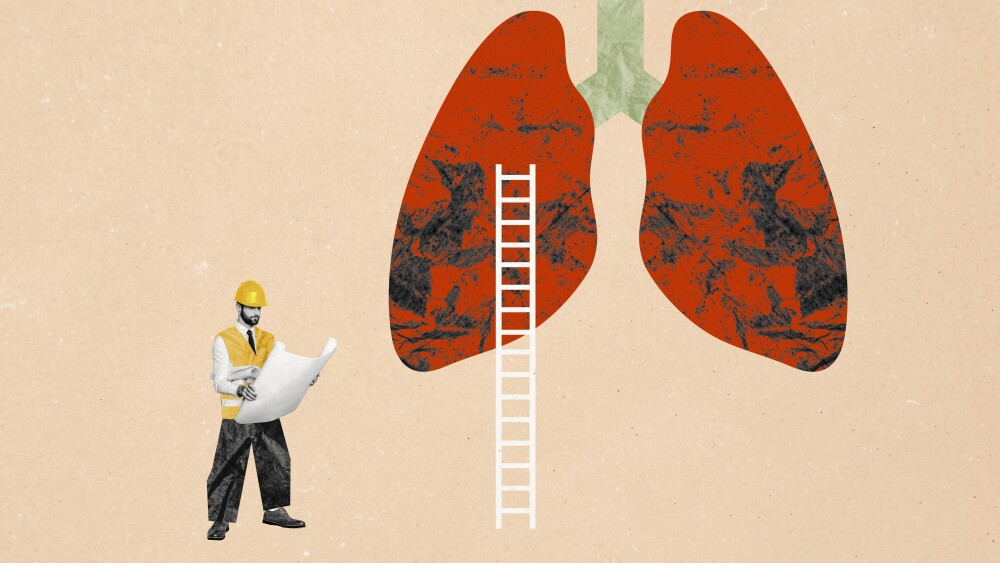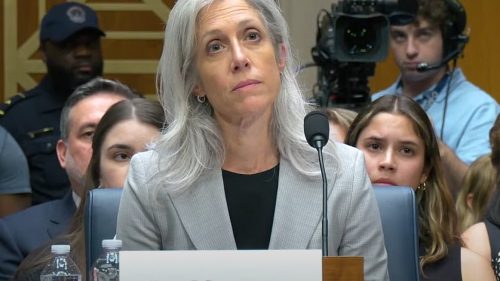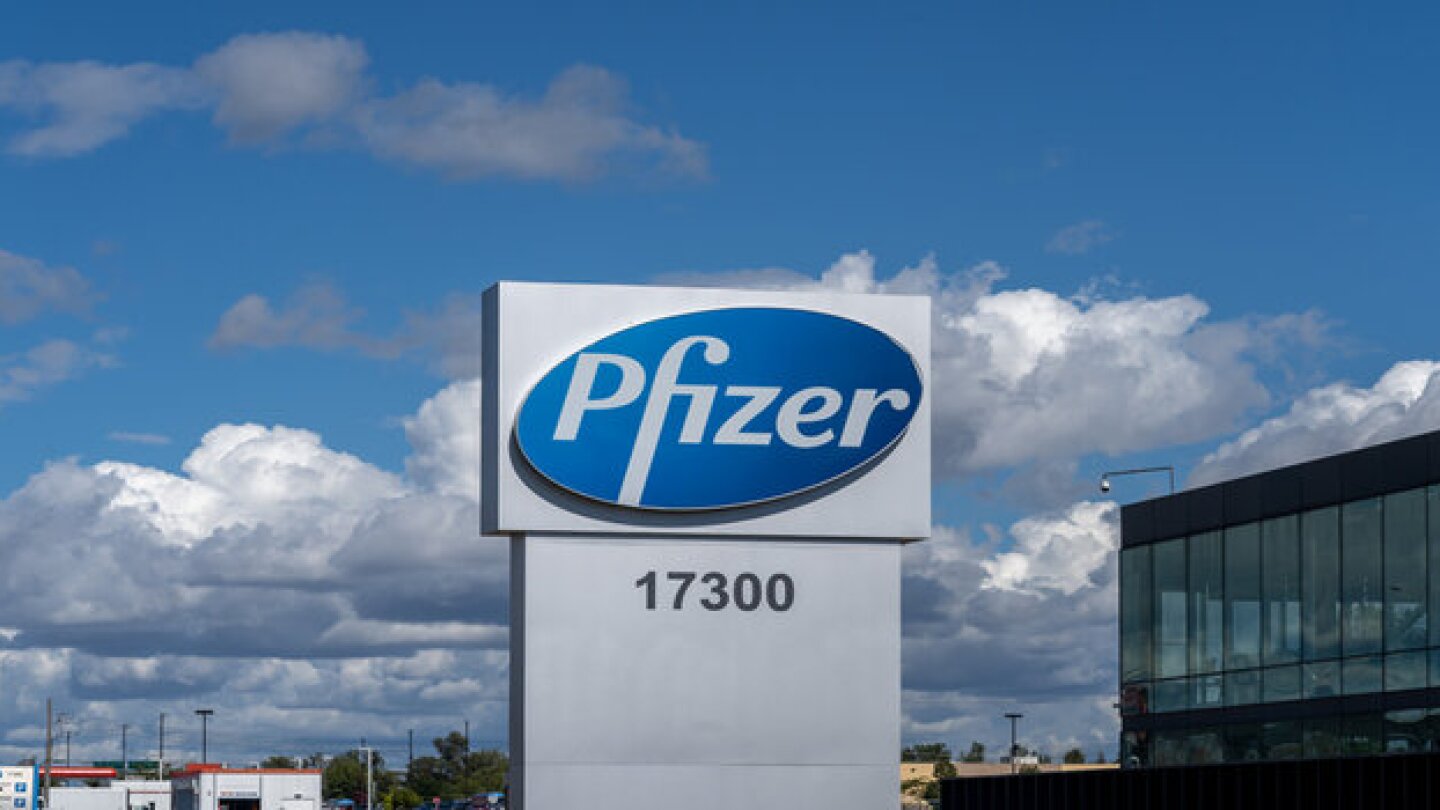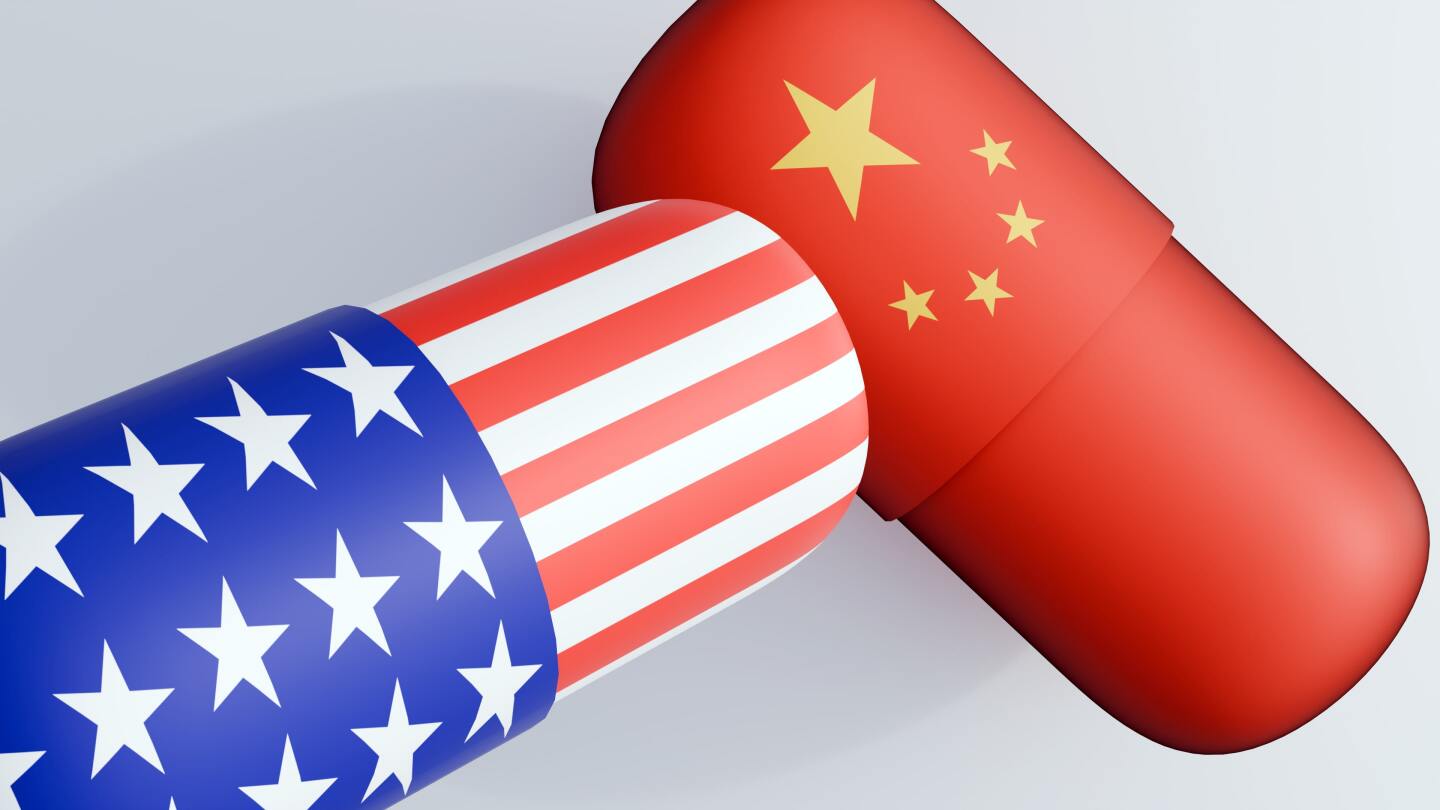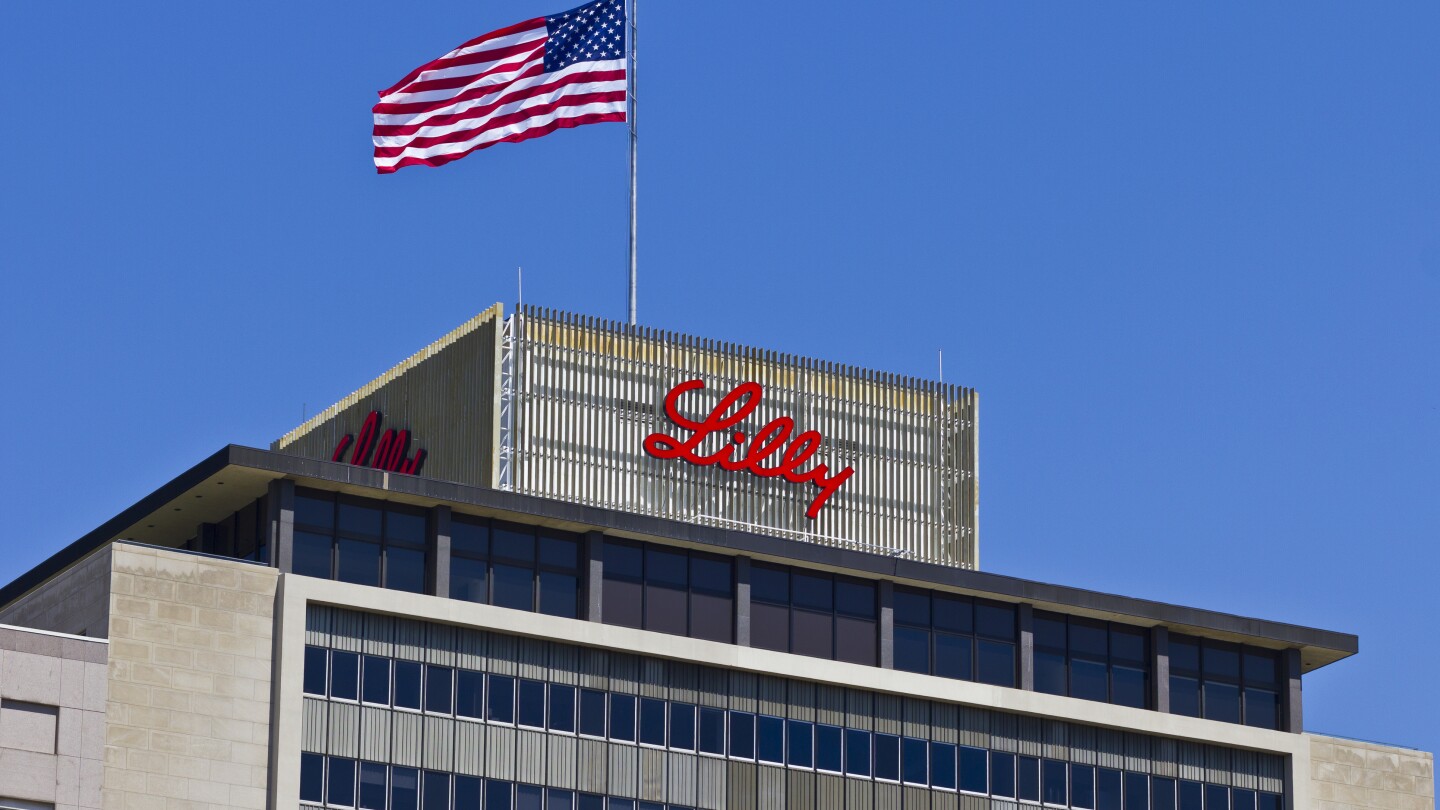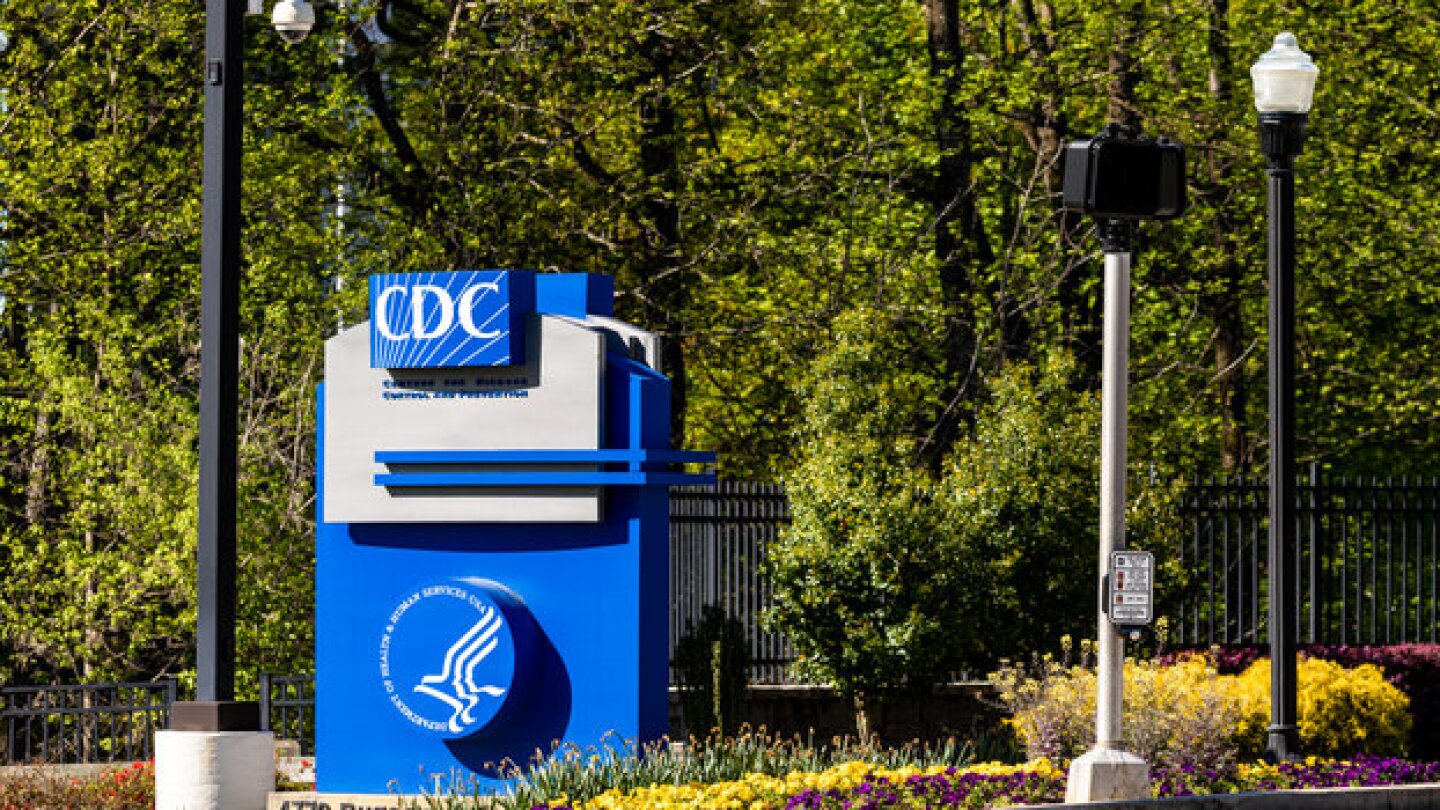News
Cullinan Therapeutics and Taiho Oncology’s zipalertinib elicited promising response rates in two mid-stage studies of non-small cell lung cancer patients with typical and uncommon EGFR mutations.
FEATURED STORIES
The recent announcement of RFK Jr.’s termination of mRNA vaccine contracts is the latest effort to undermine this promising technology at the federal level. Pharmaceutical companies and private investors must fill the gap and ensure that research into this critical resource continues.
Arguably the FDA’s most anticipated decision this month is for a subcutaneous induction formulation of Biogen and Eisai’s Alzheimer’s drug Leqembi, which, according to Eisai, could “help reduce the burden on healthcare professionals and patients.”
Here are five oral obesity candidates that, according to Mizuho’s Graig Suvannavejh, could change the weight loss game.
Job Trends
Merck (NYSE: MRK), known as MSD outside of the United States and Canada, announced today that the U.S. Food and Drug Administration (FDA) has approved CAPVAXIVE™
FROM OUR EDITORS
Read our takes on the biggest stories happening in the industry.
After Emma Walmsley steps down as GSK CEO in January, Vertex Pharma’s Reshma Kewalramani will be the sole female CEO at a top-20 pharma company. Still, there are many prominent women in pharma that could someday break through again.
THE LATEST
AMX0035—approved as Relyvrio in 2022 for amyotrophic lateral sclerosis but voluntarily pulled from the market last year—was unable to distinguish itself from placebo in a mid-to-late-stage trial of progressive supranuclear palsy.
Novartis has bet up to $772 million to gain access to BioArctic’s BrainTransporter platform, which was leveraged in a partnership with Eisai to produce Leqembi.
Regeneron’s cemdisiran, used alone or in combination with its complement inhibitor Veopoz, significantly improved activities of daily living in patients with generalized myasthenia gravis.
The layoffs will affect employees at Pfizer’s Bothell, Washington site, which previously served as the headquarters for Seagen before being acquired by the pharma for $43 billion.
Eli Lilly drops a second Phase III readout for orforglipron; AbbVie committed to the psychedelic therapeutics space with the $1.2 billion acquisition of Gilgamesh’s depression asset; the CDC taps vaccine skeptic Retsef Levi to lead its COVID-19 immunization working group; and the FDA prioritizes overall survival in cancer drug development.
As the political winds shift on a whim and public distrust of the pharma industry reaches fever pitch over drug pricing, executives are being asked to navigate an impassible path.
Generate:Biomedicines’ Nicole Clouse is one of the key legal minds trying to understand who owns what AI creates. The answers are critical to the future of biotech.
If the trend holds, IQVIA expects 2025 deal volume between Chinese and multinational companies to easily eclipse the 100 agreements signed in 2024.
While Truist Securities analysts said the results from the ATTAIN-2 trial leave “room for competition,” they also pointed to a manufacturing advantage that could unlock a “double-digit billion dollar opportunity” for Eli Lilly.
The MIT professor of management, who already sits on the CDC’s revamped immunization advisory committee, is a known skeptic of vaccines, particularly mRNA technology.

